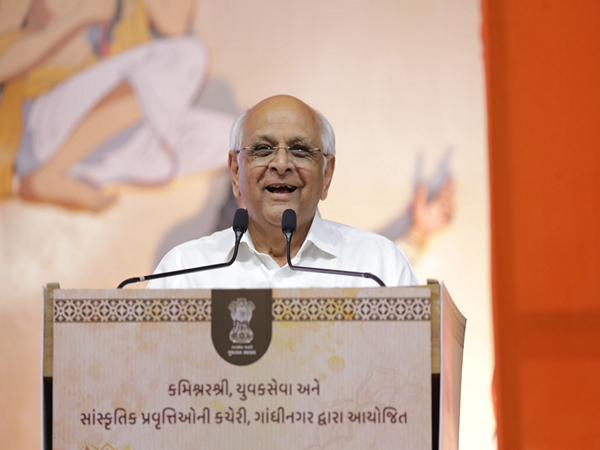AIIMS-IIT Delhi develops low-cost indigenous voice box instrument
Jan 15, 2024

By Shalini Bharadwaj
New Delhi [India], January 16 : A research collaboration between IIT and AIIMS New Delhi has made this a reality with their newly developed, expensive instrument called the AIIMS-IIT tracheoesophageal prosthesis, which is used by the patients as a voice box.
Dr Alok Thakar, who is Professor of Otolaryngology and Head Neck Surgery at AIIMS, New Delhi, said, "In collaboration with IIT, an indigenous prosthesis has been developed that is very similar to the other versions and will cost much less than what is currently available on the market."
The tracheoesophageal prosthesis is used for voice restoration, allowing thousands of patients to regain their ability to speak.
"The instrument that is available on the market is much more costly than the indigenous instrument. It is, however, terribly expensive, and many of our patients are unable to afford the market leader version, which costs about 40,000 rupees," Dr Thakar added.
IIT Delhi and AIIMS New Delhi are also developing an improved version of the instrument, but currently, the version that is available has been tested on 20 patients.
"With time, we would wish to have more advanced versions, which should be an improvement on the currently available versions on the market. But as tends to happen with these situations, we are still in a stage wherein we have successfully made the prosthesis, which is tested in terms of its resistance and biocompatibility, and subsequently successfully used it in a clinical trial in 20 patients that we were given initial permission for. As we progress, we would wish to make this available to all sections of society, and as you progress, we will naturally wish to get better versions of the same," Dr Alok Thakar said
Dr Thakar further said, "Tracheoesophageal prosthesis is a small plastic instrument that is used in patients who have had a laryngectomy. It's a surgery to remove all or part of the larynx (voice box). There are situations when patients with advanced larynx cancer or hypopharyngeal cancer necessarily have to have an operation in which the voice box or larynx has to be removed. Such patients are not able to speak after the operation."
"The main solution that was available for these patients was the use of a tracheoesophageal puncture (TEP speech), a small device that is used in patients. It's a successful prosthesis used to return patients to speech and the speaking world," he added.
















